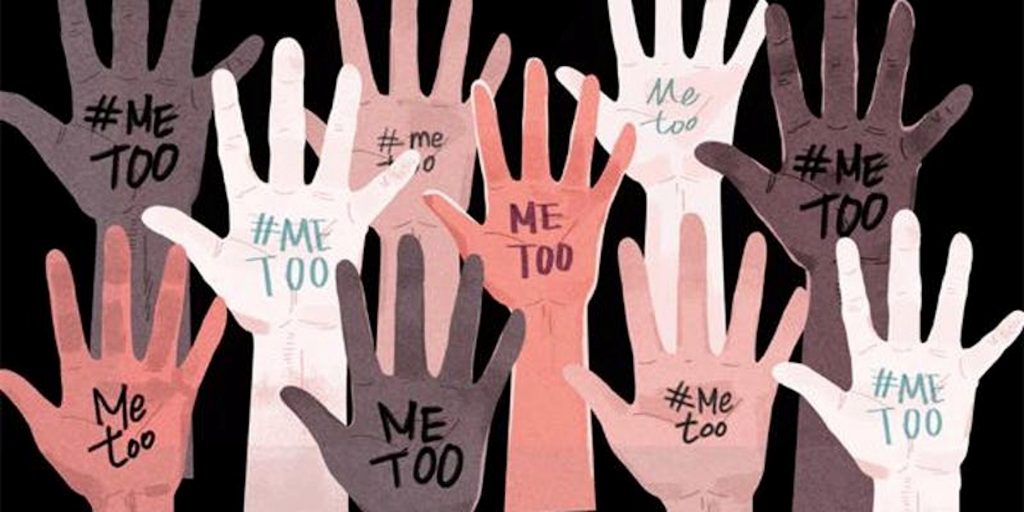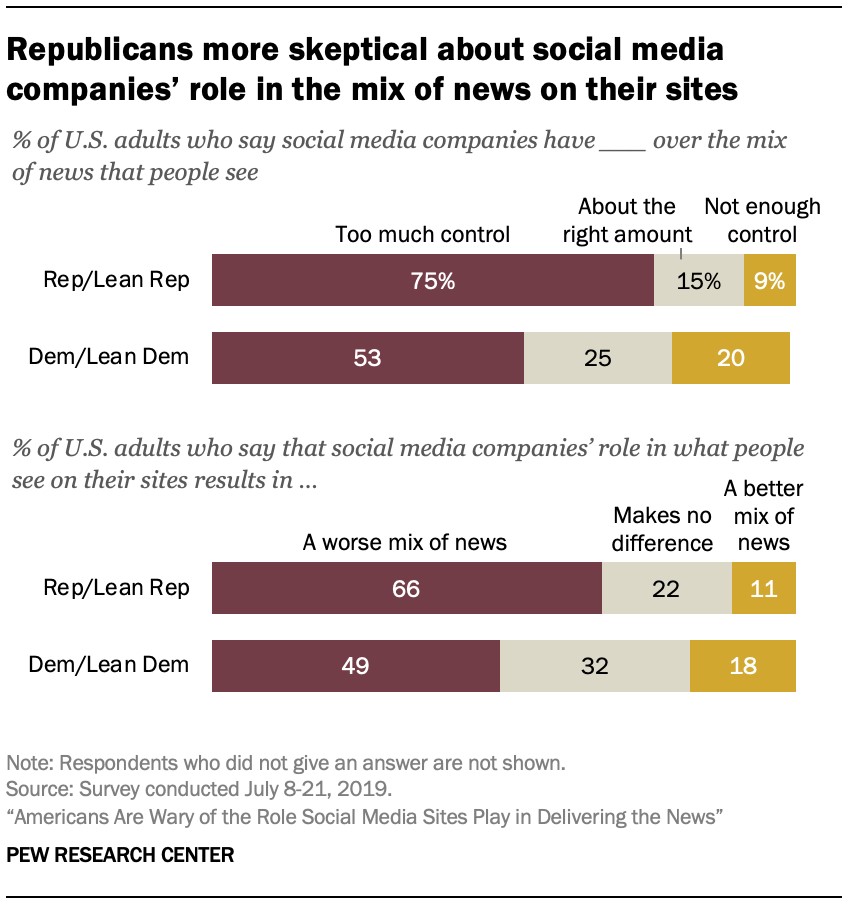Xueying Ma
This blog post was produced as part of the course “Social Media, Ideologies, and Ethics in the United States” at the University of Turku.
Man is born free; and everywhere he is in chains.
—Rousseau
Humans have fought for freedom for centuries, and they have made much progress, especially nowadays when social media is playing a more and more important role in daily life.
There is no doubt that social media has given us a platform to express ourselves more freely. Under the UGC (user-generated content) model of social media, everyone has the chance to voice their opinions and debate. It has been a powerful tool for many to fight for their rights, and it provides more opportunities for people to organize activist movements. People are relying more and more on social media platforms to express themselves and participate in social or political debates. Many campaigns have been organized through social media across the world, such as #Metoo, #NeverAgain, #BlackLivesMatter, and many other online activist movements. In social media, more people are encouraged to fight for their rights and speak up to help others. This is a huge advantage of social media.

But how much freedom do we have on social media? In fact, freedom is also limited by many things.
For one thing, as frequent users of social media, we must obey the ethical principles of online communities. Anonymity on social media brings about more and more ethical challenges. Limitless freedom will do harm to the environment of the internet.
Due to the UGC feature of social media, cyberbullying has always been a severe issue and it has led to a lot of tragedies. People are able to bully others online because of the lack of scrutiny and regulation. They may say rude things to innocent people just for fun or to vent their dissatisfaction in life, utilizing the anonymity of social media. Online bullying disturbs the victims’ daily life and can do mental harm. There are many forms of cyberbullying, one of the worst I know of is to publish or post other people’s private information online or threaten to do so. Sounds scary but it is not uncommon. It is a huge ethical challenge that this kind of freedom makes everyone on social media concerned about their privacy and safety.
In addition to cyber-bullying, people post other immoral things online and refer to their freedom of speech. The “freedom of speech” argument can be a dangerous weapon if it is used to disseminate racial or religious hatred or to incite discrimination. This can cause a lot of harm to the safety of the internet. Although we support the right to free speech, it doesn’t mean you are not responsible for what you say or post online. Daryl Morey, the general manager of the NBA basketball team Houston Rockets, recently tweeted about the protests in Hong Kong. The tweet caused a large-scale backlash and lead to much antipathy towards the NBA in China.
On the other hand, media companies and governments also have control over social media. According to a survey by the Pew Research Center, the majority of Americans say that they think social media companies have too much control over the news on their sites. Almost all Americans – about nine in ten – recognize that social media companies have some control over the news. Many social media users are concerned about the “filter bubble” – that they will be trapped in echo chambers and able to see only what the media companies want them to see. This leads to many people distrusting social media and feeling limited online.

Since June 2019, under a State Department policy, visa applicants to the United States are required to submit any information about social media accounts they have used in the past five years. Aside from social media platforms based in the U.S. – such as Facebook, Flicker, Google+, Instagram, LinkedIn, Reddit, Tumblr, Twitter, and YouTube – applicants are also asked about their activity on international platforms, such as China’s Douban, QQ, and Sina Weibo. Many people feel pressured under this policy because they think their privacy will be violated. The American Civil Liberties Union has voiced opposition, saying that “there is also no evidence that such social media monitoring is effective or fair, especially in the absence of criteria to guide the use of social media information in the visa adjudication process.” Although it is said that this policy is about the country’s safety and anti-terrorism, more and more people feel there is less freedom and democracy even on social media.
All in all, even on social media there are not only ethical codes but also companies or governments with control over the users. Everyone should be aware of the fact that they can never gain absolute freedom on social media, and they should stay alert and critical to all the information online.
Sources:
- Americans Are Wary of the Role Social Media Sites Play in Delivering the News(https://www.journalism.org/2019/10/02/americans-are-wary-of-the-role-social-media-sites-play-in-delivering-the-news/)
- US Now Requiring Social Media Details From Most Visa Applicants (https://www.voanews.com/usa/us-now-requiring-social-media-details-most-visa-applicants)
